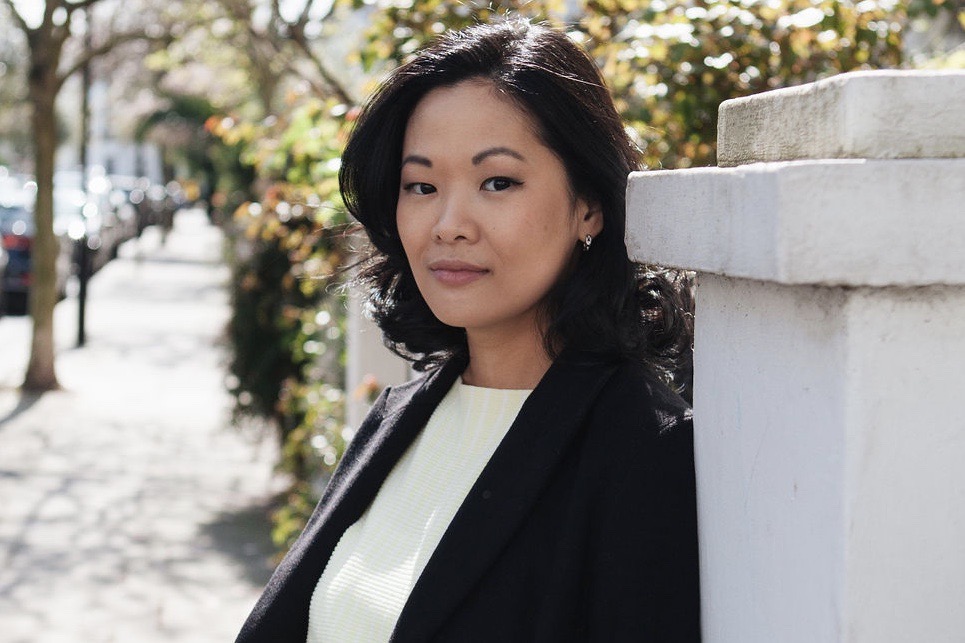Why you shouldn’t put people into generations’ boxes. Embrace diversity.
- Katya Kim

- Oct 8, 2023
- 3 min read

Millennials, Baby Boomers, Gen X, and Z – we can hear it very often at work, and on social media. Baby boomers are often referred to as a group of people born between 1946 and 1964. Generation X 1965 – 1976. Millennials or Generation Y 1977 – 1995. And Gen Z was born in 1996 plus. There are some variations of age groups. This is another reason for using this information carefully.
Businesses learn consumer behaviour based on data research of generations' habits. Organisations try to understand the motivational drivers of people based on their generation. Marketing experts customise products and offer adjustable solutions using the age data too.
Some characteristics are quite common. Though there are similarities within generations, we should be cautious. Expecially at work, when we refer to generations as a specific group, when we interact with individuals.
Every leader takes a critical part in creating a safe and positive working environment. By understanding people better, what drives them, what values they have, what makes them feel included. They think about diversity. They collect information by asking the right questions, providing surveys, and gathering feedback. That’s why it is very important for leaders to treat each team member as an individual. And not to put generations labels, which can lead to a very strong bias and limitations.
I find this definition of unconscious bias by the University of Bristol very accurate.
Negative or positive mental attitude to a person or a group. It’s held at an unconscious level, they are ordinary. Though they have consequences and disadvantage stereotyped groups.
5 reasons why you don’t need to use generations generalisation when you lead a team:
1. It develops unconscious bias. And it can affect your leadership decisions.
2. Various research about generations' behaviours have been built based on certain countries' data. And if you have a co-worker from another country, it can be not applicable. They might have different experiences and socio-economic and political landscapes.
3. It can cause concerns around ageism.
4. It can ruin trust, a sense of inclusivity, and good relationships with your colleagues.
5. Everyone is individual. It’s better to ask, not assume if you need to know something about your colleague.
And don’t get me wrong, you can always keep generations’ features in mind when you plan massive recruitment or advertising campaigns. For example, if you need to decide, what social media tool to use to promote your offer. You can use the data about certain groups and apply this data knowledge. To reach as many people, as you can. But when we deal with people, supporting them in their development, and with their work, we should treat them as individuals.
Examples of generation bias:
· Baby boomers don’t embrace technology.
· Gen Z have poor communication skills.
· Gen X tend to prove consumer behaviour.
3 steps you can take to embrace individuality:
1. Share your purpose: to make everyone feel included. Make it clear, that this is not mandatory.
2. Have an open conversation with your team about generations. What they think and know about it. What generation do they think they belong to? What would they like to share about themselves if they feel comfortable? And what was their journey until today? By having this discussion, you would be surprised by how many new facts you’ve just learnt about your team. You might have a new insight into intersectionality. And it will help you to nurture an inclusive environment.
(Intersectionality: overlapping inequality and disadvantage).
3. Define everyone individually and be aware of your bias around generations. Don’t make assumptions, just ask.
Moreover, step up as a leader, when you see others demonstrating a lack of inclusivity and saying those stereotypes out loud. As this is very often unconscious, people usually don’t do have any intention. By having a conversation, you can help them to stay aware of their own biases, and educate.
Challenge stereotypes and be a good listener. You might hear so many interesting stories, about people not feeling their biological age.
Contact me, if you have any questions, or are open to a discussion around inclusive leadership.




Comments